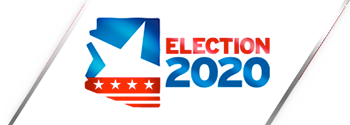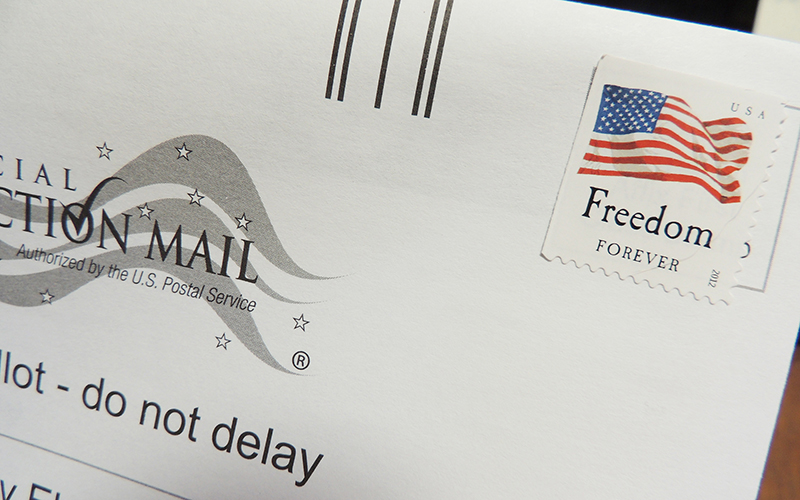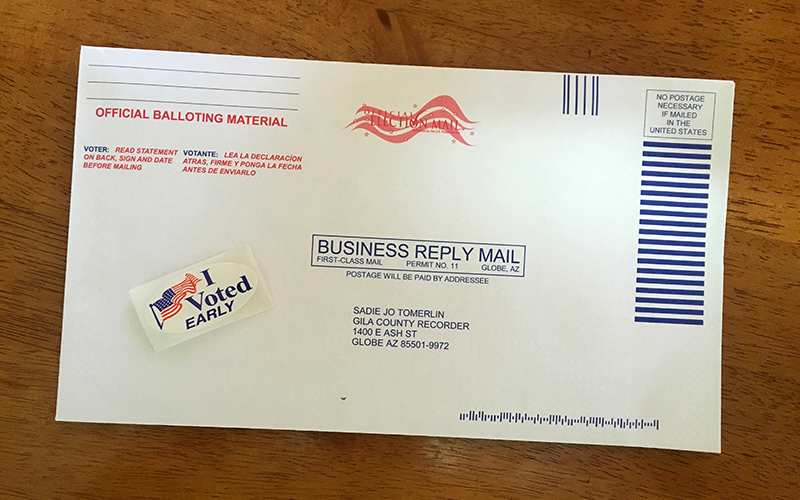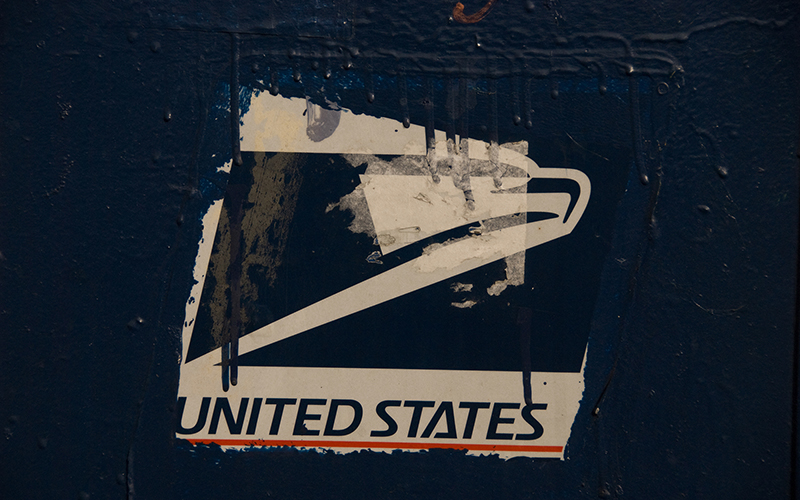WASHINGTON – Native Americans may face barriers to voting in general, but that is not enough to require that ballots mailed from the Navajo Nation get 10 extra days to be counted, a federal appeals court said Thursday.
The ruling by a 9th U.S. Circuit Court of Appeals panel upheld a lower court that rejected the suit by six Navajo voters. The courts said the plaintiffs failed to show that their voting rights would be harmed by postal delays or helped by an extension – or even that they planned to vote by mail this election.
The ruling is the latest in a flurry of election challenges heard by the court in recent weeks. It was welcomed by election officials in northern Arizona who said an extension for Navajo ballots would be neither fair nor practical.
“I just don’t think it’s really feasible and we would want to do it for all voters, not just voters on the Navajo Nation,” said Coconino County Recorder Patty Hansen. “That to me would be not correct” because most of the county is rural, not just the part that is Navajo Nation land.
A consultant working on the Navajo voters’ case conceded that Thursday’s ruling probably means the fight is over for this election – but said it’s not the end of the larger fight.
“Sometimes these battles take a while,” said Bret Healy of the Native American advocacy group Four Directions.
The lawsuit was filed by six tribal members living on the Navajo Nation who claimed that slower postal service and limited access to post offices on the reservation create a barrier to voting that other voters do not face, in violation of the Voting Rights Act of 1965.
It asked that ballots mailed by tribal members from the Navajo Nation be given 10 extra days to arrive, beyond the current deadline of 7 p.m. on Election Day.
Their case relied largely on a report that showed that voters on the reservation have up to 10 days fewer to consider and cast their ballots than voters in Scottsdale, which has better mail service. That is in addition to other barriers traditionally faced Native American voters, the suit said.
Under questioning from the circuit court judges Tuesday, Steven Sandven, an attorney for the Navajo voters, said his clients are harmed by the fact that the mail gives them fewer opportunities than other voters. “We don’t have to show that they have no opportunities” to vote, Sandven said.
But the judges said this was not enough.
The court acknowledged the barriers Native Americans in general face when exercising their right to vote, but said the voters in this case did not prove that they, individually, were harmed by the Election Day deadline.
“While the Complaint is replete with general allegations concerning the various hardships the Navajo Nation members who live on the reservation generally face with respect to mail voting,” the court wrote, it did not show “whether any of the plaintiffs intend to vote in this general election, and, if so, whether they intend to vote by mail.”
Failure to show specific injury to the individual voters was “enough to doom” their case, the court said.
Furthermore, the solution the voters asked for was not feasible, just weeks before the election, and would not fix the problem, the court said.
“Even assuming that it is possible to tell whether a given mail ballot originated from the reservation and not somewhere else in the precinct, the record does not indicate how to tell whether the ballot was cast by an enrolled member of the Navajo Nation,” the court wrote, pointing out that not everyone on the reservation is an enrolled tribal member.
Hansen said her office has put some measures in place to make sure mailed ballots are not delayed, such as having the Postal Service “trap” ballots in Flagstaff so they “don’t get sent down to Phoenix and back up here.”
“We try really hard to make sure we can count the ballots … and try to go the extra mile,” she said.
The court also cited the Purcell doctrine – named for former Maricopa County Recorder Helen Purcell – which discourages court-ordered changes to election procedures close to Election Day.
“Dismissal of this last-minute challenge to a decades-old rule should be fair notice to plaintiffs who want to tackle the deadline in the future,” the court said.
Healy said time is not the only challenge Native Americans face in court. “I’m not sure when a Native American plaintiff would have to bring a case to be successful,” he said.
But Hansen agreed with the ruling, saying her biggest concern is that last-minute changes will confuse voters.
“It’s not only difficult for those of us that conduct the election, I think it’s confusing for the voters,” she said. “And trying to get accurate information out to voters is a real challenge when the information keeps changing.
“There has to be a deadline when the election is done,” she said.
 Want more on the 2020 elections? Cronkite News, Arizona PBS and Indian Country Today have teamed up to bring you comprehensive election coverage. Click here for more.
Want more on the 2020 elections? Cronkite News, Arizona PBS and Indian Country Today have teamed up to bring you comprehensive election coverage. Click here for more.



